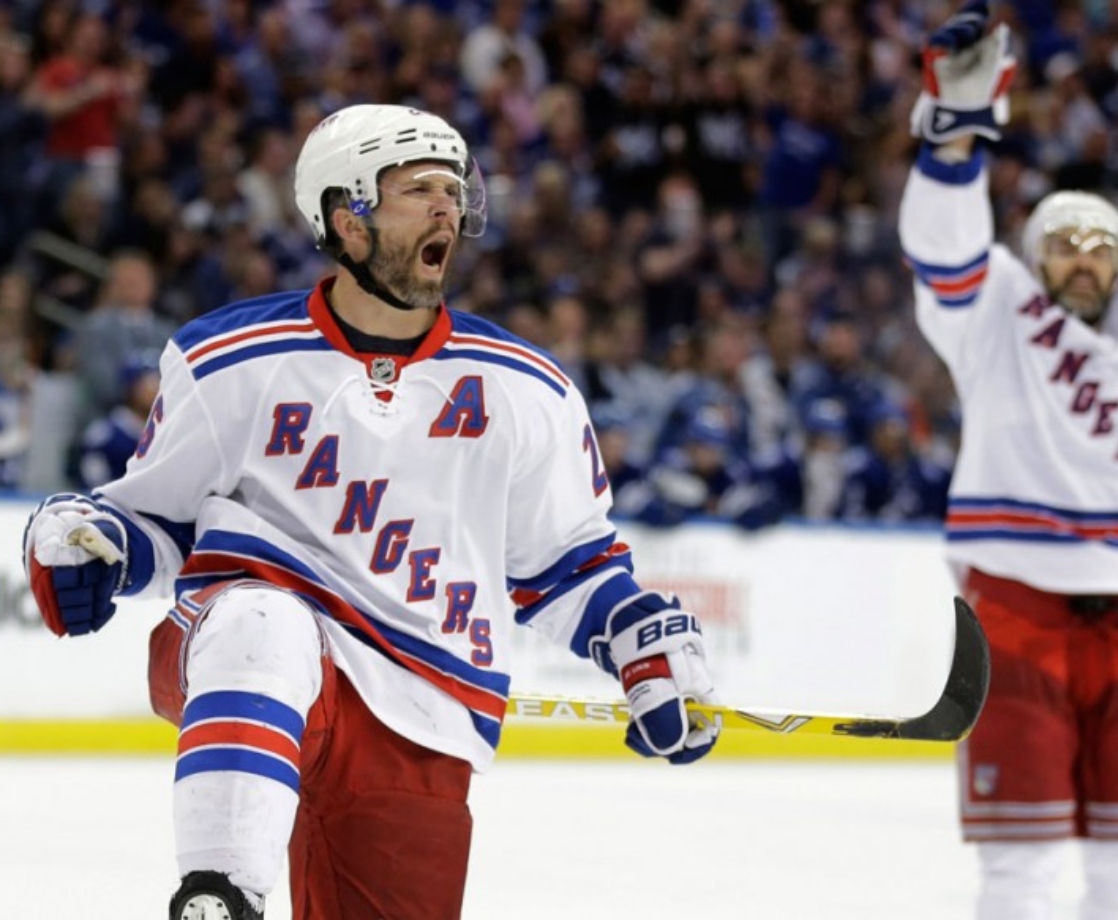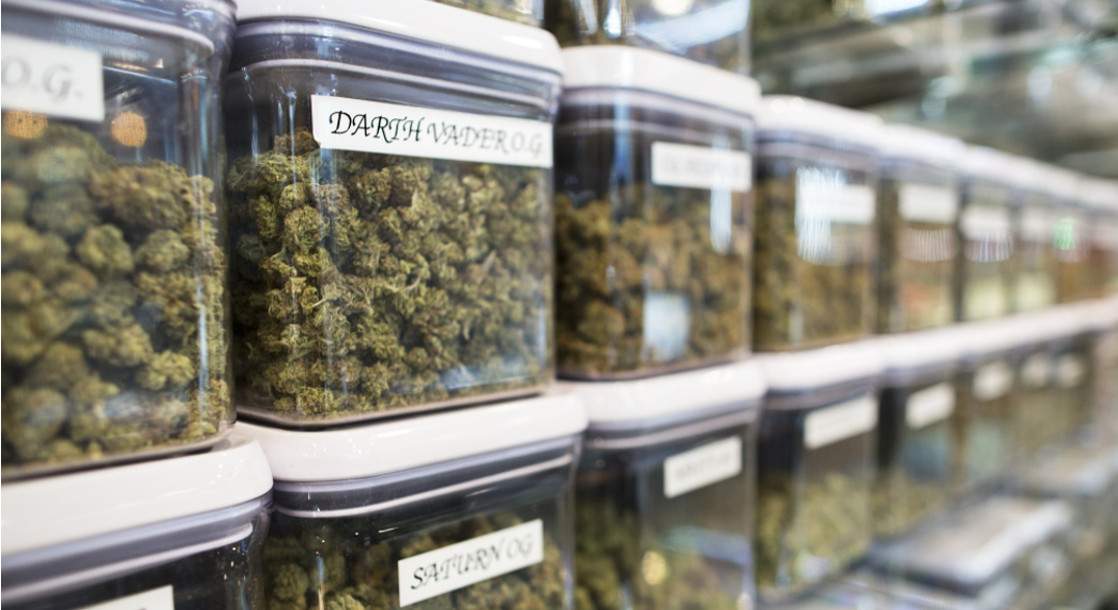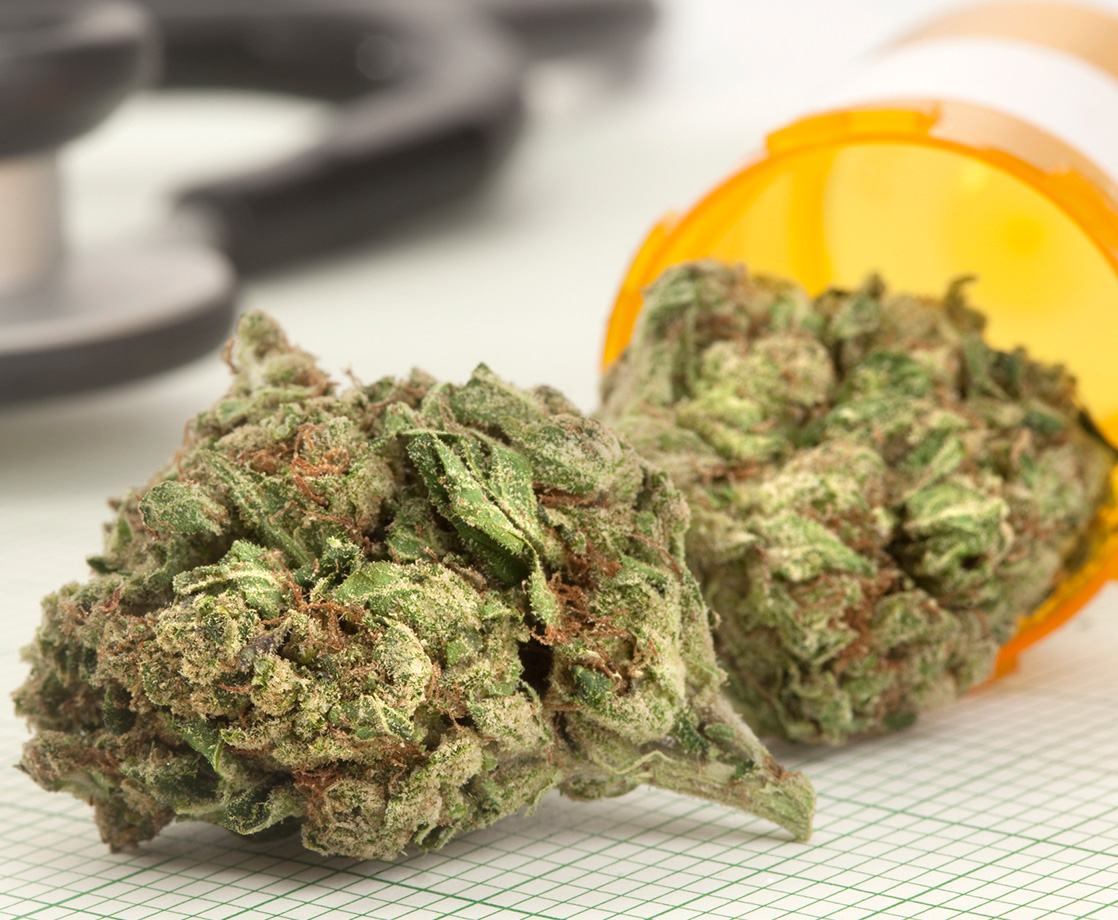As current and former pro sports players push to have their leagues lift bans on CBD products, some members of the National Hockey League may be switching out opioid painkillers for other illicit drugs like ecstasy and cocaine.
According to a new report from The Athletic, several NHL players said that they noticed more of their peers bumping coke or popping “molly,” otherwise known as ecstasy or MDMA, as of late.
“It’s really the secret that everybody knows,” one former NHL player said to The Athletic. “Guys are just popping molly on the weekends or before a team Halloween party or whatever.”
The report comes just as the NHL began dispensing fewer painkiller to its players. So, according to the athletes, opioid use is down, and marijuana use has remained stable. Only cocaine and ecstasy use are now on the rise.
Why this switch from opioids to powerful stimulants? “It mimics that feeling when we get on the ice, when our hearts are racing and there’s blood coursing through our veins,” former NHL player and current player advocate Dan Carcillo told The Athletic. “It’s that feel-good drug.”
Both cocaine and MDMA can create intense feelings of euphoria, but they can effectively diminish perceptions of pain, too.
Gallery — Have You Tried Any of These “Pressies”?
“Cocaine is a huge drug now,” Adam Henrique, the forward for the Anaheim Ducks, said. “It seems so casual, that it’s not a big deal; like having a beer almost, which is kinda scary. Where does it stop?”
Cocaine and MDMA are banned from pro sports leagues not only because they are illegal, but also because they could enhance sports performance. However, if players are only snorting coke or rolling their balls off during the off-season, who cares what they’re doing on their personal time? And if this is about being bad role models, then we ought to have just as much — if not more — concern with alcohol abuse, as well as how pro leagues often look the other way when their players are accused of domestic violence.
Either way, the players in the NHL seem torn when it comes to partying hard or staying cleaner than a polished whistle. A recent ESPN poll revealed that 58 percent of players don’t believe the league has a cocaine problem; only 10 percent of players thought otherwise. Nearly a third of players said they “weren’t sure.” The disparity among responses, from both the ESPN poll and The Athletic report, may be due to vague questioning.
“I don’t think there is a problem compared to the problem outside the NHL,” one player, who remained anonymous, said to ESPN. “It’s probably the same. I’d guess some people would use it to party, I’d assume, but what is a problem? How would you define ‘problem’?”
Follow Randy Robinson on Twitter











